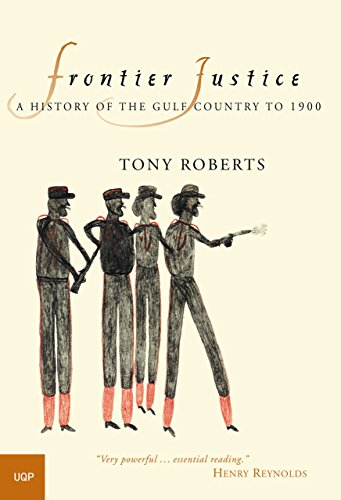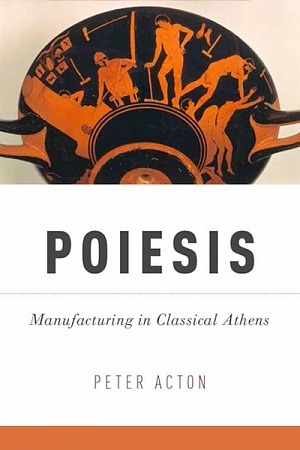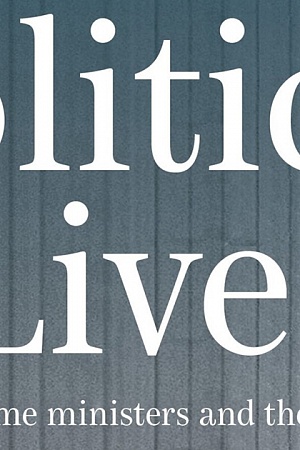Frontier Justice: A History of the Gulf Country to 1900
UQP, $32.95pb, 321pp, 0 7022 3361 7
Talking English
The country south-west of the Gulf of Carpentaria, where wild rivers tumble from stony ramparts through coastal scrub plain to the sea, was one of the last places in Australia where settlement was attempted; more integrated with Asia to the north – thanks partly to the sojourning Macassans – than Melbourne or Sydney to the south, let alone London; a world where Aboriginal society was strong enough to resist dispossession, surviving, despite everything, to this day. It has also been something of a last frontier for historians.
The Gulf Country once consisted of a mosaic of Aboriginal estates traversed by pathways that provided access to food, water and sites of significance. Aborigines shared those routes with early explorers from the south, like Friedrich Leichhardt, who followed the Coast Track in 1845. Stretching a thousand kilometres from the top corner of Queensland to Katherine in the Northern Territory, that track became the route by which the great cattle stations of the north-west were stocked, with 200,000 cattle driven through from the eastern colonies in the pastoral boom of the 1880s. Traders and itinerants followed the drovers, and then a gold rush. The pastoral frontier fanned out from the Coast Track and by 1885 cattle stations totalling a quarter of a million square kilometres had been set up throughout the district. In a few short years, Aborigines were dispossessed of all their land. Then, as the boom faded, the Gulf Country was relegated to a kind of no man’s land between jurisdictions, more or less off the map, where people were left to sort things out for themselves.
Continue reading for only $10 per month. Subscribe and gain full access to Australian Book Review. Already a subscriber? Sign in. If you need assistance, feel free to contact us.
















Leave a comment
If you are an ABR subscriber, you will need to sign in to post a comment.
If you have forgotten your sign in details, or if you receive an error message when trying to submit your comment, please email your comment (and the name of the article to which it relates) to ABR Comments. We will review your comment and, subject to approval, we will post it under your name.
Please note that all comments must be approved by ABR and comply with our Terms & Conditions.